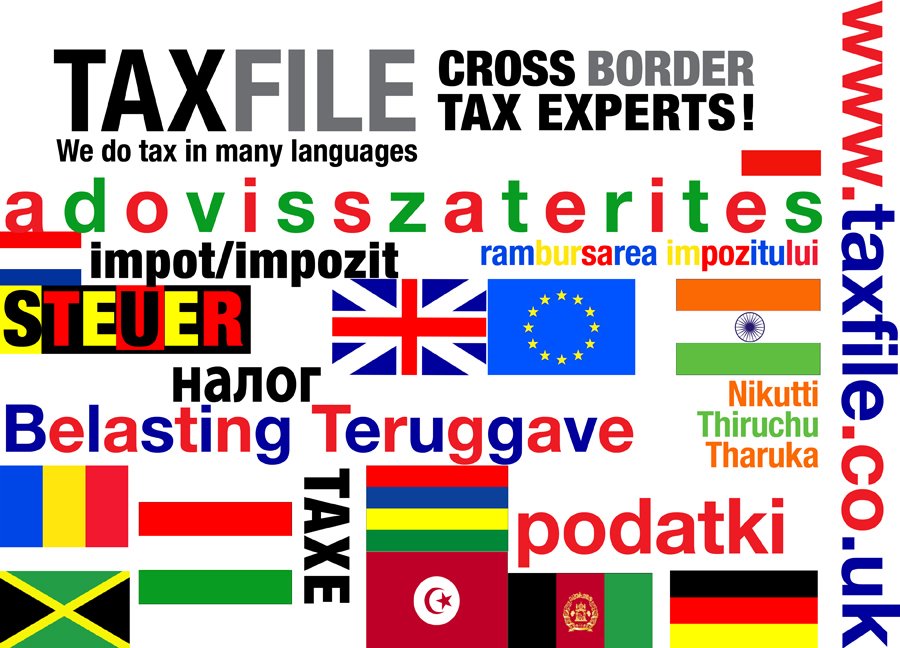Taxfile: Introduction to IR35
IR35 is an Intermediaries legislation which took effect from April 2000.
According to HMRC, the aim of IR35 is “to eliminate the avoidance of tax and National Insurance Contributions (NICs) through the use of intermediaries, such as Personal Service Companies or partnerships, in circumstances where an individual worker would otherwise –
•For tax purposes, be regarded as an employee of the client; and
•For NICs purposes, be regarded as employed in employed earner’s employment by the client.”
Before the introduction of this tax legislation, workers/contractors who owned their own companies were allowed to receive payments from clients direct to the company and then distribute the profits as dividends, which are not subject to National Insurance payments.
The IR35 does not focus on a certain profession or occupation. It mainly targets people working through service companies like medical staff, teachers , legal and accountancy staff, construction industry workers, IT contractors, engineering contractors, clerical workers, etc.
Through this legislation, HMRC is trying to make sure that taxpayers meet their obligations to pay the correct tax and NI: “we [HMRC] have a duty to ensure things are put right for the past and, where appropriate, for the future. Interest and penalties may be charged on any additional tax/NICs due as a result of any review or enquiry.”
So Whether you are caught by IR depends on a number of factors. It is a very complex tax area and legal advice is essential in order to protect your interests.

 If you are one of London’s 165,000 employers, you only have a matter of
If you are one of London’s 165,000 employers, you only have a matter of 